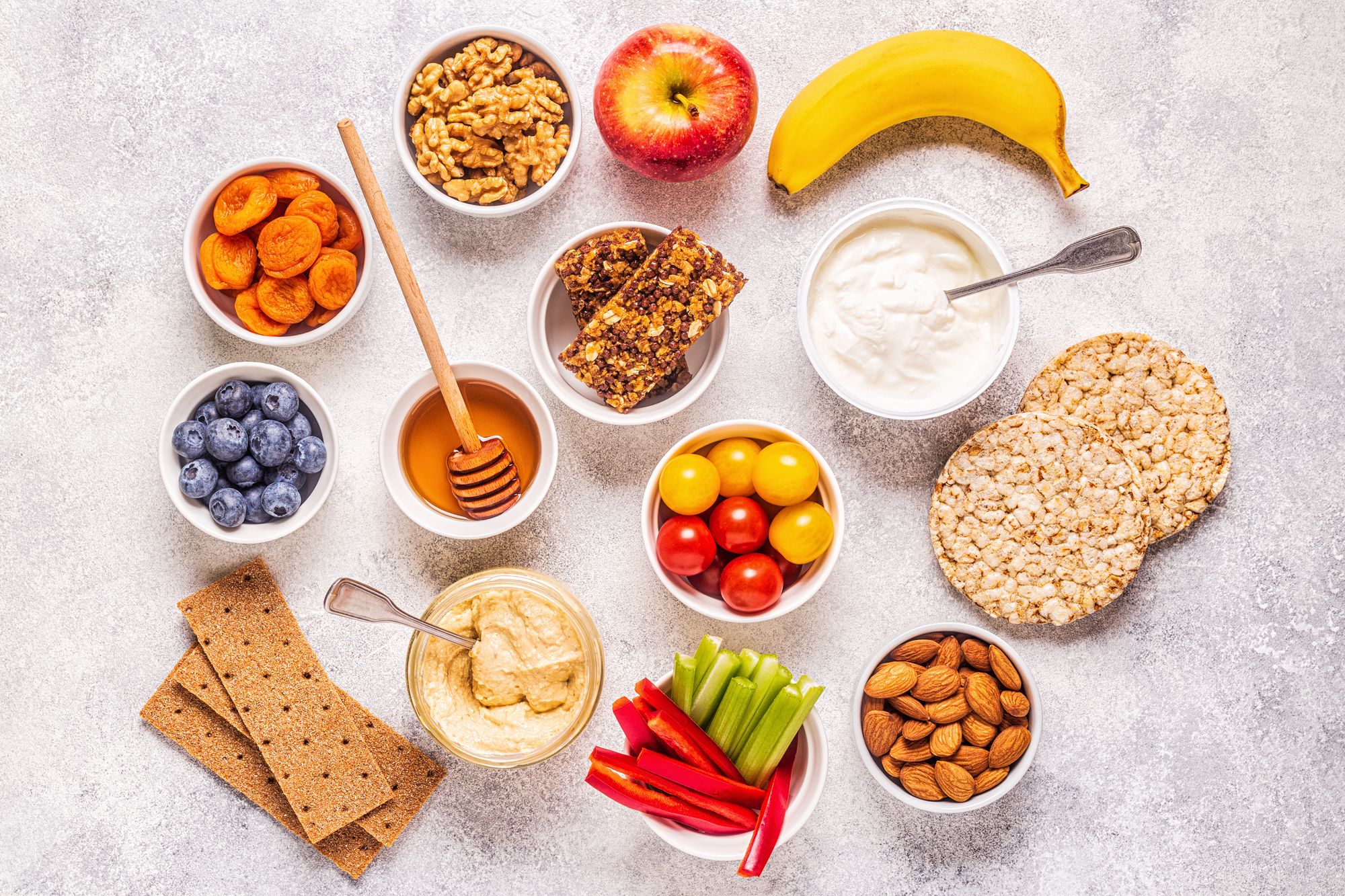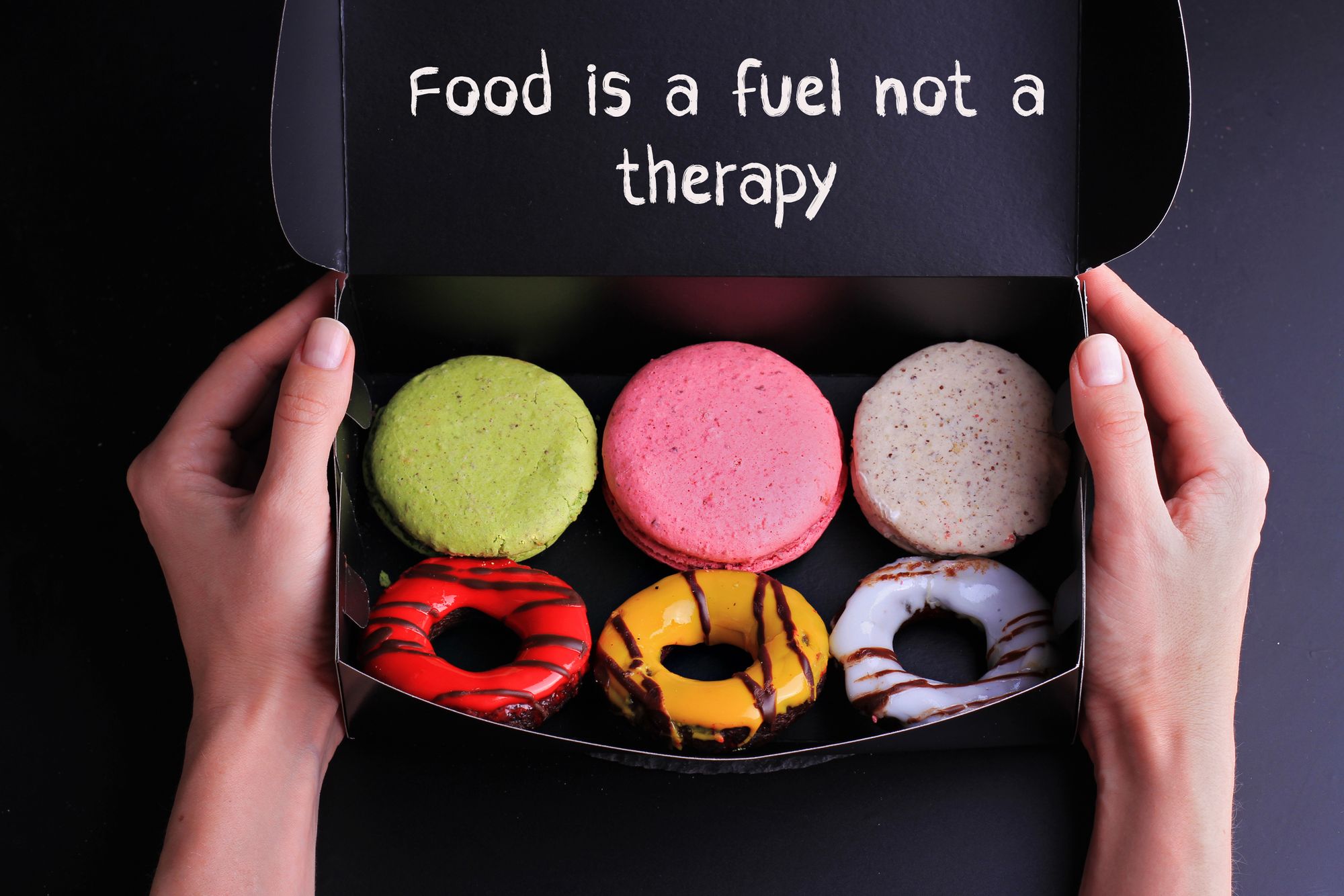Most of us are foodies, don’t you agree? Food brings us all together and gives us comfort. But have you ever stopped to think about whether your relationship with food is healthy? We spoke to Eshanka Wahi, a wellness coach to learn more about emotional eating habits and how we can better our relationship with food. Here’s what she had to say.
Before starting anything I would like to ask you all a few questions—Have you ever calculated the calories in your meal? Have you followed the latest dietary trends? Are you the person that knows you should eat some more green vegetables and a varied diet but you end up ordering the takeaway?
I am pretty confident that majority of you tinkered with your diet in some shape or form to feel differently about yourself. We all have a relationship with food. But first, we have to understand the difference between emotional hunger and physical hunger.

What Is Emotional Hunger?
When you eat food to satisfy your emotional needs rather than your physical needs, it is referred to as emotional eating, stress eating. When you’re bored, you might order a pizza, and when you’re down, you might reach for a tub of ice cream. This type of hunger comes on suddenly, is hard to be satisfied, and is mostly felt emotionally.
Here are a few tips to help you overcome/stop emotional eating:
1. Examine Your Eating Habits
What you eat isn’t always as important as how you eat. The total amount of food consumed, your attitude towards food, how you balance your meals and snacks, and your eating habits can all play a much larger role in emotional overeating than the specific foods consumed.
2. Eat Slowly
Emotional eating frequently causes you to eat mindlessly and lose track of how much you’ve consumed. Make an effort to slow down and focus on the food you’re eating.
3. Communicate
Develop deeper relationships with your partner, friends, and family members with whom you can easily communicate when stressed. Writing in a journal, reading a book, or doing breathing exercises are all effective stress-management techniques for controlling emotional eating.

4. Choose Healthy
Choose healthy snacks such as fresh vegetables, plain popcorn, nuts, berries, seeds. Make unhealthy foods such as a bag of chips or a chocolate bar, difficult to access. Remove it entirely from your home or keep it on the top most shelf of your pantry/kitchen.
5. Divert Your Mind
Continue to participate in social activities that do not revolve around food, such as going for walks or taking fitness classes. Instead of always focusing on eating and drinking, find other ways to catch up with friends.
6. Consume Herbal Teas
Herbal caffeine free teas will satisfy your late-night cravings. They assist you in falling asleep by increasing the levels of a substance known as melatonin in your body. If you’re stressed, try chamomile tea, lemon balm tea, ginger tea or matcha tea. They contain L-theanine, which helps to reduce stress levels.
What Is Physical Hunger?
Physical hunger means that you eat when your body tells you that you are hungry and it needs nutrition. When we are hungry, we can usually stop eating when we are satisfied but before we become uncomfortably full. It’s easy to notice because it comes on gradually and is frequently felt from within your stomach. Eating a normal amount of food is often sufficient to satisfy your physical hunger. This can include eating a nutrient dense plate with all food families kept in balance so that it provides your body with the fuel it requires.

How You Can Rebuild Your Relationship With Food
1. Mix It Up
Adding a variety of foods to your plate will keep things interesting. It’s the most effective way to avoid boredom while eating a healthy diet. When it comes to meals, choose a combination of vegetables, protein, slow carbohydrates and good fats.
2. Don’t Be Difficult When It Comes To Food
Your healthy lifestyle must not interfere with your social life. Don’t be concerned about food when you’re out with family and friends. It doesn’t make a difference. Focus on eating a balanced diet. You will only complicate your relationship with food if you do not. You can always go out and choose food wisely too. It’s about understanding food synergies that work for you.
3. Enjoy Your Food
You can eat your meals while making minor changes to the amount and kind of food on your plate. More, vegetables, protein foods, clean fats and carbs, are the foundation of a healthy diet. Sodium, saturated fat, processed foods, and added sugars should all be avoided.
4. Avoid Negative Thoughts
Do not let negative thoughts like “I shouldn’t be eating this” or “I’m a failure because I couldn’t control what I ate” get the better of you. Please choose softer loving affirmations when eating something and eat guilt free.
4. Eat Mindfully
Food is frequently used as a substance to make experiences disappear, enhance experiences, numb or avoid unpleasant emotions. Instead, try to be present with your food whenever you eat. Slowly consume it. Enjoy the flavors. Take note of your food-related experiences.
Follow @malinisgirltribe on Instagram for more content like this and download the Girl Tribe by MissMalini App to join our Healing & Wellness community.

